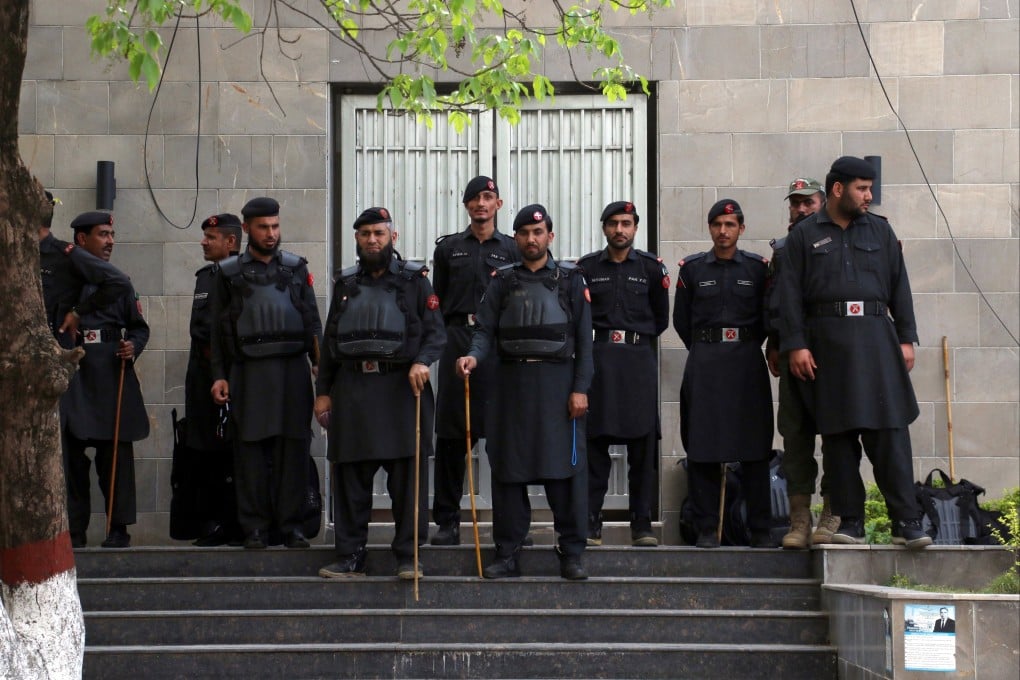Is Pakistan’s intelligence agency using ‘intimidating’ scare tactics on judges to sway rulings?
- A letter by senior judges on the High Court alleges the nation’s intelligence agency had used intimidation and torture to sway their rulings
- The Supreme Court will investigate the judges’ letter and its allegations, with hearings set to begin on April 29

The letter – signed by the six senior judges of the Islamabad High Court and addressed to the nation’s Chief Justice Qazi Faez Isa – outlined the judges’ concerns regarding the widespread use of “intimidating” tactics by the Inter-Services Intelligence, the country’s primary intelligence agency, to influence judicial verdicts, particularly in political cases.
“This letter of the judges represents a significant challenge to the existing state of affairs in the country, where the military establishment effectively holds sway, relegating the democratic government to a symbolic role,” Tauseef Ahmed Khan, a political commentator and rights activist, told This Week in Asia.

The 12-page letter, signed on March 25 and released to the public a few days later, outlined a number of allegations, including the installation of hidden cameras within the bedrooms of judges and threats of dire consequences if certain verdicts were not handed down.
It cited a 2020 appeal against Pakistan’s former leader Imran Khan in which two judges on the three-member panel said the case against him was not maintainable. The letter alleged that intelligence operatives had pressured the judges into changing their opinions by threatening their friends and family, leading them to seek additional security protections.
It also said men claiming to be intelligence operatives had kidnapped one of the judge’s brother-in-law, and tortured him into making allegations against the judge that would lead to his resignation. The court heard the appeal against Khan and eventually ruled against him.
The Supreme Court has announced it would take suo moto (of its own volition) action to investigate the judges’ letter and its allegations, with hearings set to begin on April 29.